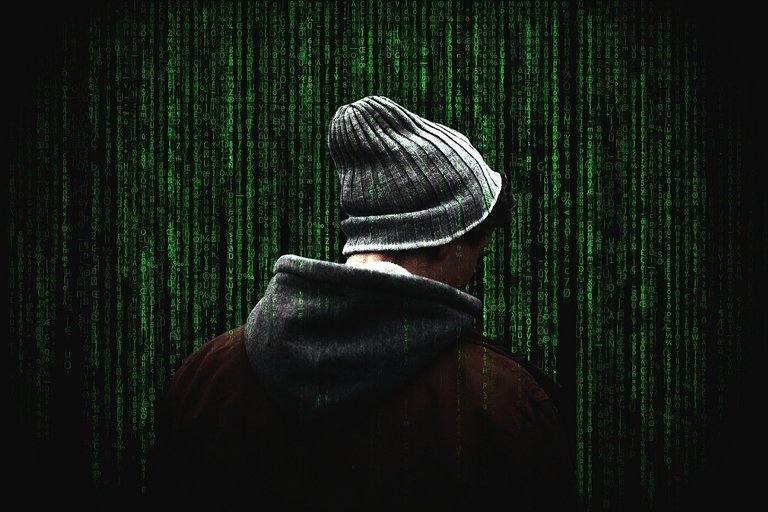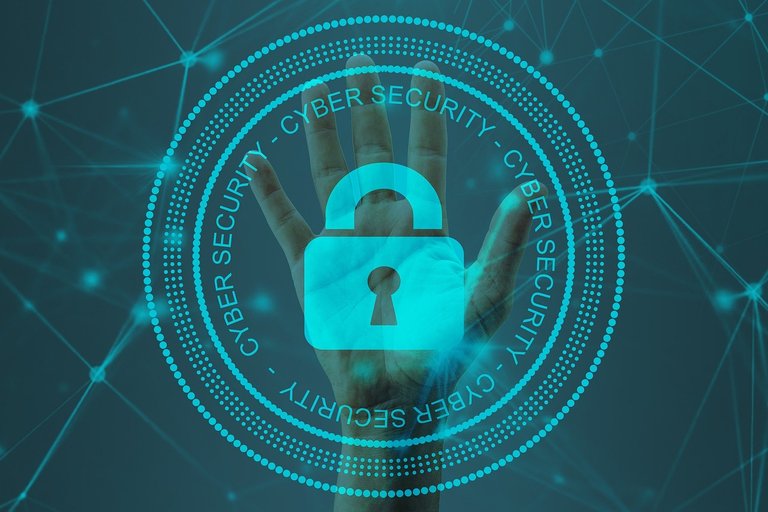With each click and keystroke now presenting a potential target in our over-connected world, political campaigns are fast becoming the increasing prey of cyber-attacks. Most recently, there was an allegation that Iranian operatives hacked Donald Trump's 2024 campaign, a situation that stands as one of the startling reminders of how fragile digital security can be within a political context.

The possibility of foreign actors, in particular, those from countries like Iran, meddling with a U.S. presidential campaign does not seem to be such a new notion. It feels almost like something out of a retread of previous election cycles. What actually makes this recent incident rather alarming is the sophistication and timing of the attack. As reports say, internal communications, including sensitive research on probable vice-presidential picks, had already been compromised. This isn't just an attack on a candidate, it's an assault against the integrity of the electoral process.
During a political campaign, information is power.
Every strategy, every piece of opposition research, and all the internal communications are treasured. If this gets into the wrong hands, it risks not only the strategy of the campaign itself but also provides dangerous adversaries, whether foreign or domestic, with an upper hand. The recent hacking effort, ascribed to Iran, makes for a potent reminder of the vulnerabilities of even the most expensively funded and secure digital infrastructures that undergird political campaigns.
But on a deeper level, beyond purely technical cybersecurity issues in this situation, there are broader questions to be raised regarding political discourses in this digital age.
If foreign actors could so easily breach the walls of a campaign's digital fortress, what does that say about how safe our democratic processes are?
Further, the prospect that any of these breaches could affect voter perception or actually disrupt a candidate's messaging is chilling. The ripples from these cyber-attacks stretch much further and hold a potential to actually threaten democratic engagement itself.

This is hard to ignore.
The same technologies that empowered campaigns to reach voters more efficiently and effectively than ever before are now being turned into weapons against them. Political campaigns, in rising to digital tools and strategies, must confront the reality that the tools at their disposal are really double-edged swords. Not only are the conveniences and powers they offer laced with a big dose of risk, but they could certainly swing an election.
So, what's the solution?
Quite obviously, more investment in cybersecurity for political campaigns is required. That not only means securing their systems from the outside, it also implies informing staff and volunteers about phishing attacks and other kinds of digital manipulation. In the long run, far more comprehensive conversation will be needed about how to protect the integrity of our elections in an era when cyberwar is a constant threat.
Posted Using InLeo Alpha